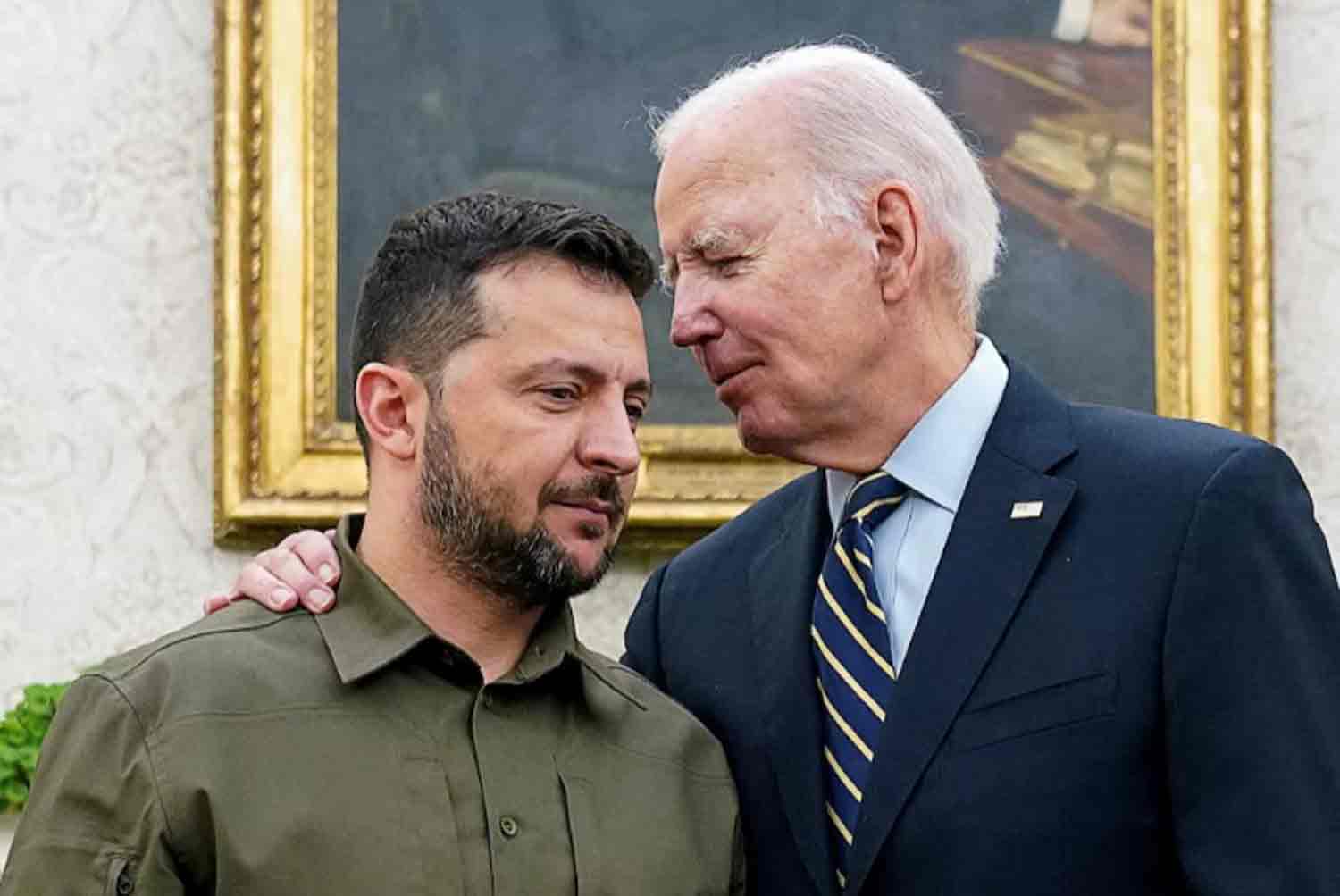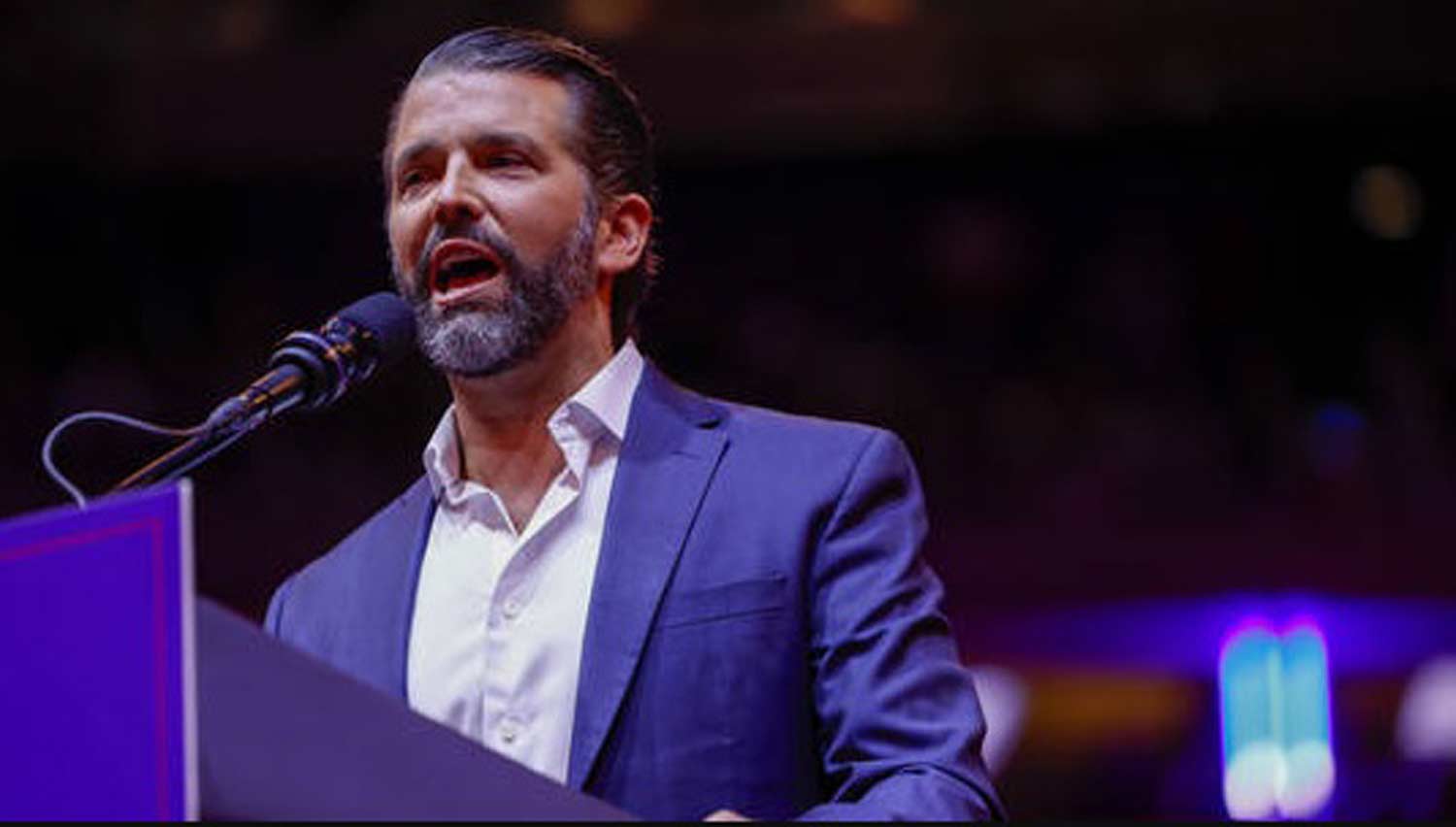US President Joe Biden‘s recent decision to permit Ukraine to utilize long-range American missiles (ATACMS) against Russia reflects a recurring trend.
For months, the White House hesitated to fulfill Ukraine’s request for weaponry, concerned about potential escalation. Ukraine vocally criticized this inaction, and just when it appeared that the request had been sidelined, the Biden administration ultimately approved it.
Requests from Ukraine for HIMARS, Abrams tanks, and F-16s have all followed a similar trajectory of initial denial, followed by eventual approval, often at a time when the situation has become more critical.
Now, the question arises: is it too late for the US-made Army Tactical Missile Systems (ATACMS) to have a significant impact if deployed against targets deep within Russia?
The situation is nuanced and may shed light on the Biden administration’s hesitance to provide these systems.
Firstly, the availability of ATACMS for Ukraine is limited. Even if Kyiv gains the capability to strike deep into Russian territory—given that the longer-range ATACMS can reach up to 100 kilometers (62 miles)—it is unlikely to result in an immediate transformation on the battlefield.
Analysts have identified numerous Russian targets within the range of these missiles, with the Institute for the Study of War noting hundreds of potential targets. This follows reports that Russian airfields within ATACMS range have relocated their attack aircraft further into Russia.
However, the reality is that Ukraine is unlikely to receive a sufficient quantity of ATACMS to significantly change the dynamics of the conflict.
Ukraine has successfully advanced further into Russian territory by utilizing domestically produced and cost-effective drones. The United States has committed to financially supporting the development of these drones, which have reportedly wreaked havoc at airports in Moscow and disrupted Russia’s energy infrastructure.
Additionally, the authorization to deploy US precision missiles for strikes deeper within Russia is inherently provocative.
Currently, Moscow is relatively militarily weakened and is unlikely to engage in a full-scale conflict with NATO or the US.
However, it is anticipated that the Kremlin will eventually seek to reestablish its deterrent capabilities. Russian intelligence agencies have been implicated in acts of sabotage against civilian targets throughout Europe, including recent allegations of explosive devices being placed on courier planes within the continent.
The Biden administration has rightly considered the practical implications of conducting longer-range strikes against the potential for civilian casualties in NATO countries, should Russia feel compelled to retaliate.
Thus, the decision was not as straightforward as some proponents in Kyiv suggested. The broader objective appears to be encouraging the Biden administration to take a more active role in supporting Ukraine’s efforts in the conflict.
The White House emphasizes that the decision to deploy North Korean troops to Kursk was a significant factor in its response, framing it as a reaction to Moscow’s increased military activity.
Western officials have observed that the involvement of North Korean forces indicates a broader scope of the Ukraine conflict, suggesting that adversaries of the United States in the Indo-Pacific region are now engaged, thereby making the war more global in nature for the U.S.
From President Biden’s perspective, this situation represents an escalation in response to another escalation.
However, the prolonged delay in granting this permission, due to its profound symbolic implications, enhances the impact of the decision he has made.
While President-elect Donald Trump may advocate for peace, he will take office amid a conflict where the stakes have risen considerably.
Discover more from Defence Talks | Defense News Hub, Military Updates, Security Insights
Subscribe to get the latest posts sent to your email.





